Diet strategies to naturally boost testosterone for male performance?
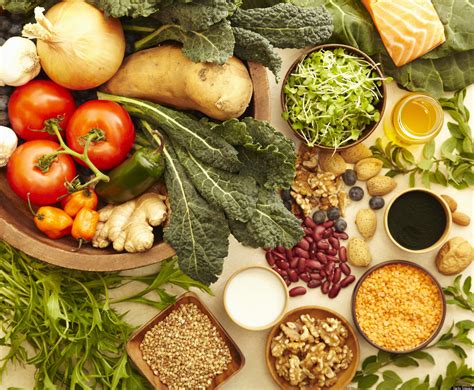
Understanding Testosterone’s Role in Male Health
Testosterone, often hailed as the primary male sex hormone, plays a critical role far beyond just libido and muscle mass. It influences energy levels, mood, bone density, cognitive function, and even cardiovascular health. While testosterone levels naturally decline with age, modern lifestyles, stress, and poor dietary choices can accelerate this process, impacting male performance and overall quality of life. The good news is that strategic dietary adjustments can provide a natural and effective pathway to optimize testosterone production.
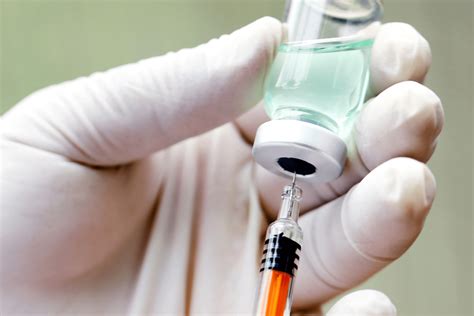
Building a Testosterone-Friendly Plate: Essential Nutrients
Optimizing testosterone levels through diet isn’t about miracle foods but rather a holistic approach focusing on nutrient density and balance. Certain micronutrients and macronutrients are particularly vital for the intricate process of hormone synthesis and regulation.
Zinc: The Mineral for Male Vitality
Zinc is a powerhouse mineral directly involved in testosterone production. Studies show that even mild zinc deficiency can lead to significant drops in testosterone. Incorporating zinc-rich foods is crucial:
- Oysters: One of the richest sources of zinc.
- Red Meat: Beef, lamb, and pork provide substantial zinc.
- Seeds: Pumpkin seeds, sesame seeds, and chia seeds are excellent plant-based sources.
- Legumes: Lentils and chickpeas also contribute.

Vitamin D: The Sunshine Hormone
Often referred to as a hormone itself due to its wide-ranging effects, Vitamin D is strongly linked to testosterone levels. Research suggests that men with sufficient Vitamin D levels tend to have higher testosterone. While sunlight exposure is a primary source, dietary intake is also important, especially in regions with limited sun:
- Fatty Fish: Salmon, mackerel, and tuna are great sources.
- Fortified Foods: Milk, yogurt, and some cereals are often fortified.
- Egg Yolks: A modest source.
Healthy Fats: Crucial for Hormone Synthesis
Don’t fear healthy fats; they are fundamental for hormone production, including testosterone. Cholesterol, a precursor to testosterone, comes from the fats we consume. Focus on unsaturated and monounsaturated fats:
- Avocados: Rich in monounsaturated fats.
- Nuts and Seeds: Almonds, walnuts, chia, and flaxseeds offer beneficial fats and other nutrients.
- Olive Oil: A staple of the Mediterranean diet, excellent for heart health and hormone support.
- Fatty Fish: Again, omega-3 rich fish like salmon and sardines.
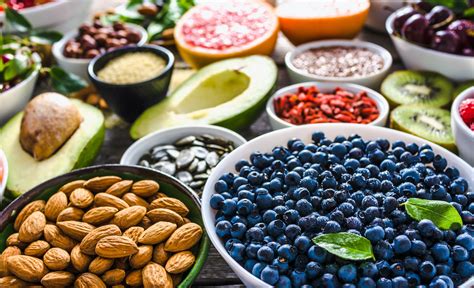
Magnesium: The Performance Mineral
Magnesium is involved in over 300 biochemical reactions in the body, including those that affect testosterone. Studies indicate that magnesium supplementation, especially when combined with exercise, can boost free and total testosterone levels.
- Leafy Green Vegetables: Spinach, kale, and Swiss chard are packed with magnesium.
- Nuts and Seeds: Almonds, cashews, and pumpkin seeds.
- Whole Grains: Brown rice, oats.
- Dark Chocolate: A delicious source in moderation.
Foods to Emphasize for Hormonal Balance
Beyond specific micronutrients, certain food groups play a broader role in creating an optimal environment for testosterone production by managing other hormones like estrogen or reducing inflammation.
Cruciferous Vegetables: Estrogen Modulators
Vegetables like broccoli, cauliflower, Brussels sprouts, and kale contain compounds called indole-3-carbinol (I3C) and diindolylmethane (DIM). These compounds help the body metabolize estrogen more effectively, preventing it from dominating and potentially allowing testosterone levels to rise relatively.
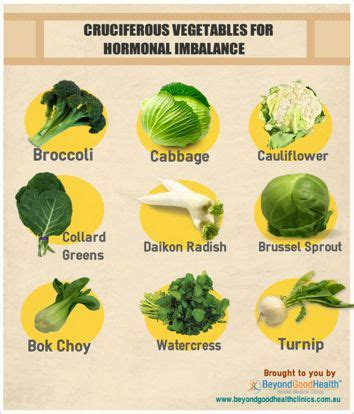
Antioxidant-Rich Foods: Combatting Oxidative Stress
Oxidative stress and inflammation can negatively impact hormone production. A diet rich in antioxidants helps to neutralize free radicals and reduce inflammation:
- Berries: Blueberries, strawberries, raspberries.
- Colorful Vegetables: Bell peppers, tomatoes, carrots.
- Dark Leafy Greens: Spinach, kale.
What to Limit or Avoid for Optimal Testosterone
Just as important as what you eat is what you choose to limit or avoid. Certain dietary elements can actively suppress testosterone production or promote estrogen dominance.
- Processed Foods & Refined Sugars: These can lead to insulin resistance, inflammation, and weight gain, all of which are detrimental to testosterone.
- Excessive Alcohol: Chronic heavy alcohol consumption can directly impact testicular function and liver metabolism, reducing testosterone.
- Unhealthy Trans Fats: Found in many processed and fried foods, these contribute to inflammation and can negatively affect hormone levels.
- Soy in Excess: While fermented soy can be healthy, large quantities of unfermented soy products may have estrogenic effects in some individuals, though research is mixed.
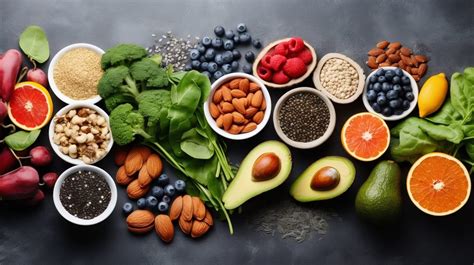
Beyond the Plate: A Holistic Approach
While diet is a cornerstone, remember that testosterone optimization is multifaceted. Ensure you are also prioritizing:
- Regular Exercise: Especially strength training and high-intensity interval training (HIIT).
- Adequate Sleep: 7-9 hours per night is crucial for hormone regulation.
- Stress Management: Chronic stress elevates cortisol, which can suppress testosterone.
- Hydration: Staying well-hydrated supports overall metabolic function.
Conclusion
Naturally boosting testosterone for enhanced male performance is an achievable goal through thoughtful dietary strategies. By focusing on nutrient-dense foods rich in zinc, Vitamin D, healthy fats, and magnesium, while limiting processed foods and excessive alcohol, men can create an optimal internal environment for hormone production. Combine these dietary shifts with a healthy lifestyle, and you’ll be well on your way to improved vitality, energy, and overall well-being.








